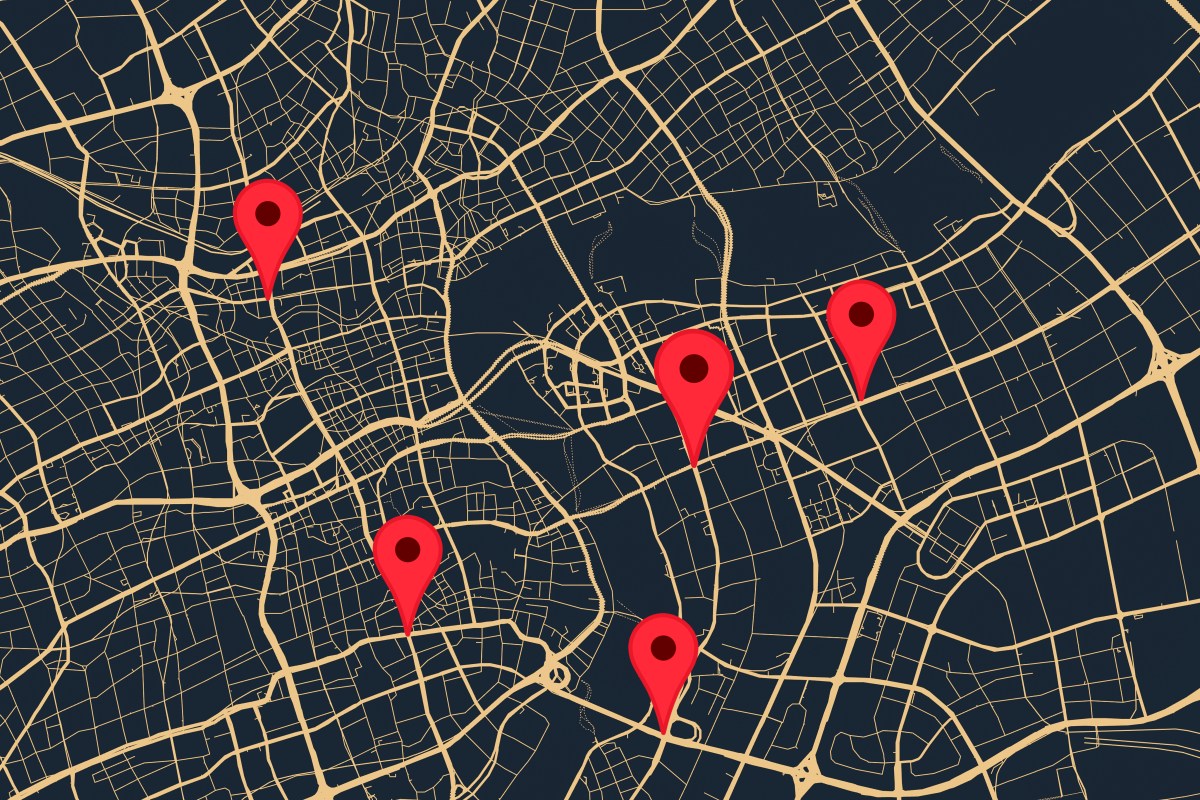Information security
fromDataBreaches.Net
5 days agoDiscord's age verification data has a frontend leak -- now what? - DataBreaches.Net
Frontend components tied to Persona used in Discord's age verification were exposed on the open web, revealing verification flow structure and increasing compliance pressure.














